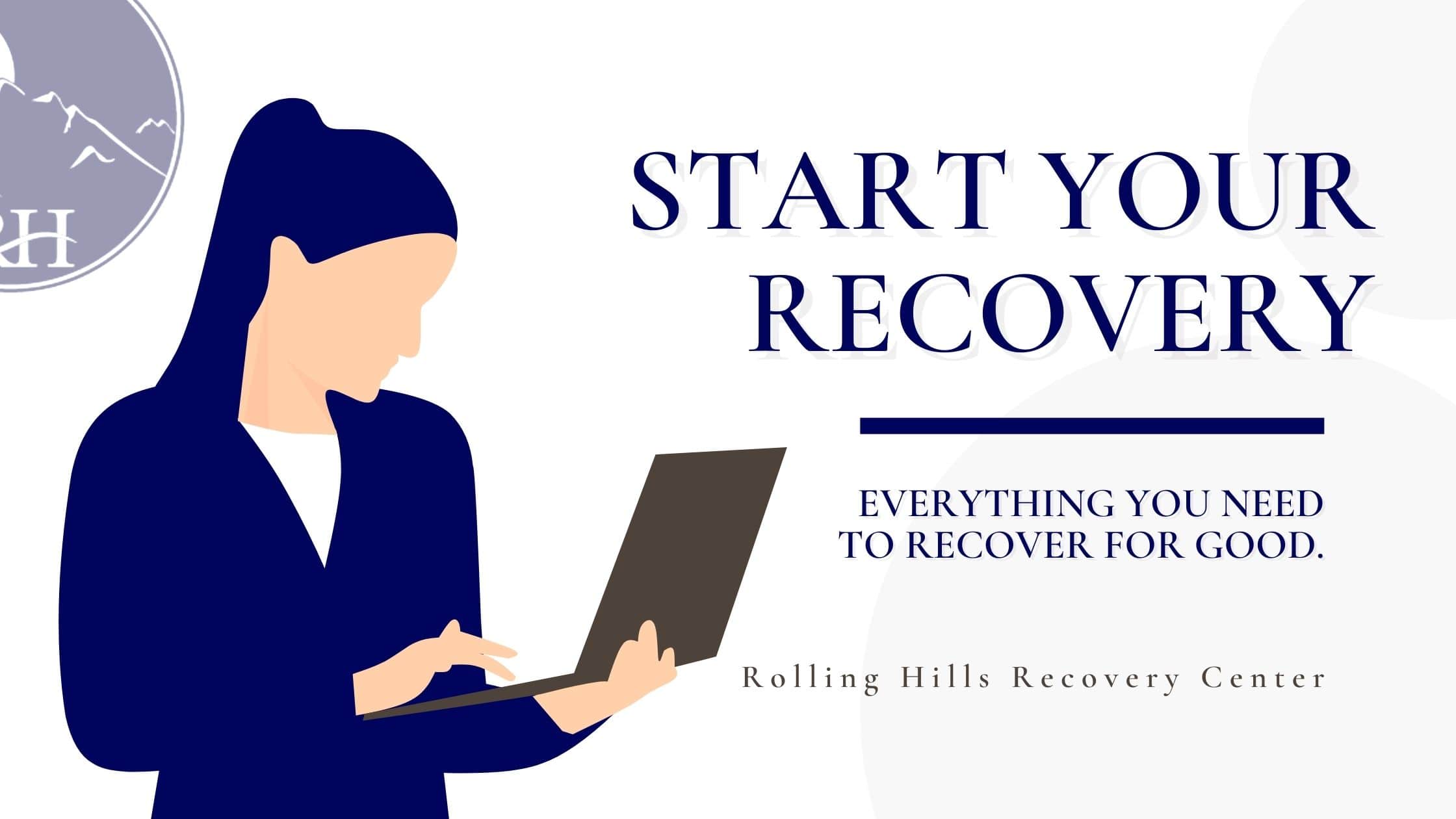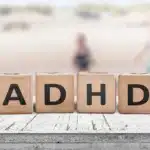
Unmanageability From Drugs and Alcohol
If you are dealing with a drug or alcohol misuse issue, life may feel like it is spiraling downward. When substances are involved regularly, it doesn’t take much for your life to become out of control. You may question whether your addiction is under control or if the drugs and alcohol make life unmanageable. Understanding how substances affect you and recognizing the signs of addiction can enable you to take the proper steps for help.
How Drug and Alcohol Addiction Affects Your Life
Drug and alcohol misuse and addiction can have a wide range of effects on your life. These can range from moderate inconveniences to severe life challenges. The severity of addiction’s impact on your daily living depends on several factors, such as:
• How long you have been taking the substance. The longer you take a substance, the more your brain adapts. Consequently, your brain function changes.
• How much of the substance(s) you are ingesting. If you are taking an excessive amount of drugs or alcohol, you’ll be much more impaired.
• What type of substance you are taking. Some drugs have more detrimental effects than others.
However, no matter what substances you take or for how long, you can expect to see consequences in your life, primarily in the following three areas:
Social/Family Relationships
Taking drugs or misusing alcohol can take its toll on your social life and hinder your interpersonal relationships. It is especially harmful to the family dynamic. According to addiction researchers, substance use disorder affects family relationships. Since the family is primarily where people learn about attachment, bonding, connections, and socialization, it is harmful when a parent is in the home dealing with a substance use disorder.
Emotional
Drugs and alcohol can create false emotions. From the highest of highs to the lowest of lows, you are often on an emotional rollercoaster when engaging in drug misuse.
According to the National Institutes of Health National Library of Medicine, drug addiction stimulates emotions by putting you through a “three-stage cycle—binge/intoxication, withdrawal/negative affect, and preoccupation/anticipation.”
Physical
The physical repercussions of a drug or alcohol addiction are many. However, not everyone will have the same physical complications when doing drugs or alcohol. The number of drugs you do can factor into the physical ramifications. It also depends on the type of substances you use. For example, if someone injects heroin, they will have different biological effects than someone who smokes marijuana.
Some of the physical effects that are possible from doing drugs and alcohol include the following:
• Cardiovascular disease
• Stroke
• Cancer
• Lung disease
• HIV/AIDS
• Hepatitis B
• Hepatitis C
• Mental health disorders
• Addiction
• Death by overdose
Signs That Your Life is Becoming Unmanageable Because of a Drug or Alcohol Addiction
According to the Diagnostic and Statistical Manual of Mental Disorders, there are signs of drug or alcohol addiction. These include the following:
• Using more considerable amounts of the substance or using it longer than needed.
• Needing more of the substance to get the effect you want (tolerance)
• A desire to cut down or stop taking the substance but not be able to.
• Spending a lot of time using or recovering from substance use.
• Having strong urges and cravings to use the substance.
• Not able to fulfill home or work obligations because of substance misuse.
• Continued substance misuse, even when it causes relationship problems.
• Not engaging in regular recreational, social, or occupational activities because of substance use.
• Continuing to use substances repeatedly, even if it endangers you.
• Continuing to use substances, even if it causes psychological problems.
• Experiencing withdrawal symptoms when you try to stop taking the substance and relief when taking more.
Now that you have been informed about the signs that you may be an alcoholic or a drug addict, it is time for you to make your life manageable again. Here are some tips that may help you in the long run.
How To Get Help for Drug and Alcohol Addiction
Take the First Step in Recovery
Get in touch with Rolling Hills Recovery Center to begin your recovery journey. Take the first step in finding health, happiness, and a better future. Contact us today.
Sources:
1. Lander, L., Howsare, J., & Byrne, M. (2012). The Impact of Substance Use Disorders on Families and Children: From Theory to Practice. Social work in public health, 28, 194.
2. Murphy, A., Taylor, E., & Elliott, R. (2011). The detrimental effects of emotional process dysregulation on decision-making in substance dependence. Frontiers in Integrative Neuroscience, 6.
3. Hasin DS, O’Brien CP, Auriacombe M, Borges G, Bucholz K, Budney A, Compton WM, Crowley T, Ling W, Petry NM, Schuckit M, Grant BF. DSM-5 criteria for substance use disorders: recommendations and rationale. Am J Psychiatry. 2013 Aug;170(8):834-51.
4. National Institute on Drug Abuse. (2022). Addiction and Health.
5. National Institute on Drug Abuse. (2022). Drug Misuse and Addiction.
Author
-
Dr. Williams has held senior leadership positions in the behavioral health field for over 30 years. He has worked with diverse populations in various private and public sectors.
View all posts
-
Sherrilyn is an experienced mental health writer with a demonstrated history in content marketing. HubSpot inbound marketing certified with skills in SEO, content creation, proofreading, editing, and teaching.
View all posts













